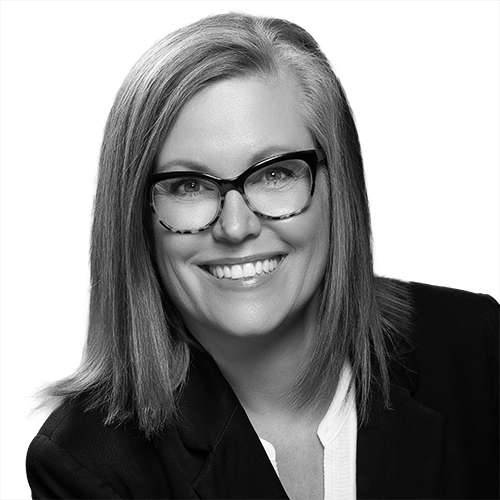I’m mad as hell. I am the mother of two beautiful children. But those were not my only pregnancies.
Like many other women, I suffered miscarriages. During one of my pregnancies, the doctors told me that for my health they would need to perform a procedure to remove the pregnancy tissue. It’s the same procedure that’s commonly used for abortions, and one that would be at risk with the unnecessarily broad abortion bans that are now becoming our new normal.
From personal experience, I can say that losing a pregnancy is already hard enough. I can’t imagine what that situation would have been like had I been told that the best medical decision for my health is also one that would be considered criminal and would land my doctor in prison.
But now, for many American women, it’s a reality after the Supreme Court struck down Roe v. Wade, denying that abortion is health care and stripping from women critical protections and access to medical treatment.
Before I was ever a candidate for office, I was a social worker and I helped run one of the largest domestic violence shelters in the country. I saw firsthand the devastating effects that a dangerous, traumatizing, or unplanned pregnancy can have on a woman and her family. I’ve witnessed the vicious cycle that poverty and lack of access to reproductive health care create.
Many women I worked with were raped, forced to carry a pregnancy, forced to get an abortion, had their birth control sabotaged by their partner, or had their pregnancy jeopardized by abuse their partner inflicted. These women didn’t have control of their reproductive health-care decisions, and they suffered physically, mentally, and emotionally. They were some of the strongest people I have ever met, and in their time of greatest need, I was glad we could provide support, but it was heartbreaking.
When I got to the state legislature, I never forgot those women. Every vote I took against cutting reproductive health care funding—and every restriction or ban on women’s freedoms that I opposed—was deeply personal to me because I knew the very real impact these policies would have.
Most people aren’t aware that Arizona has a 1901 law on the books that criminalizes nearly all abortion, requires prison time for doctors, and makes no exceptions for the health of the woman. That law wasn’t enforced when I was growing our family thanks to Roe v. Wade’s federal protection, but that has changed now that Roe is overturned.
Earlier this month, Attorney General Mark Brnovich issued an opinion stating that the 1901 law is now the law of the land in Arizona. This draconian law effectively outlaws all abortion and requires a minimum of two years and up to five years of jail time for abortion providers. There are no exceptions for rape or incest.
Another state law from the 1930s makes it a misdemeanor to advertise birth control. Republican candidates in Arizona are already calling for a ban on contraception and promising to “make sure Arizona is the most pro-life state in the union.” A recent study found that Arizona would see the biggest impact of any state in the country should abortion bans go into effect. That’s what women in my home state will be facing because the fall of Roe no longer guarantees the right to safe and legal abortion.
I’m running for governor, although when this race started I couldn’t be sure that winning would end up being the last line of defense between a total ban on abortion and women’s reproductive rights in Arizona. As governor, I will veto any law that restricts women’s access to safe and legal abortion, I will expand access to birth control and family planning services, and I will appoint pro-choice directors to our state’s public health agencies. And I certainly won’t allow an abortion ban that was passed before women even had the right to vote remain the law of the land in this state.
A future without Roe, once theoretical, is now here. The fact that my daughter will be entering adulthood with fewer rights than I had 30 years ago is maddening—but it’s also motivating.
I will do everything in my power as a mother, as a social worker, as a domestic violence advocate, and as governor to stop these unprecedented attacks and to secure women’s rights for the next generation. The U.S. Supreme Court has left us no choice but to fight, hard, for this generation and the next.
Katie Hobbs is Arizona’s secretary of state and a Democratic candidate for governor.








